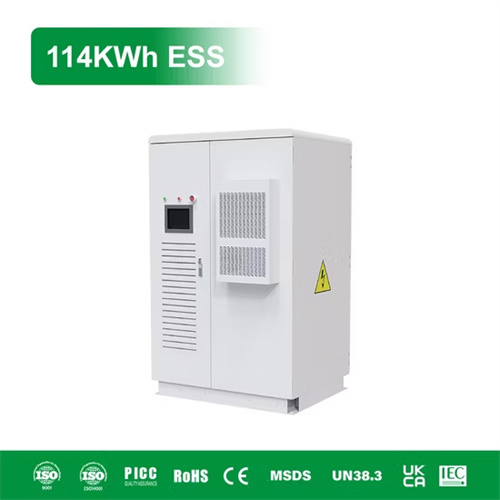About Energy storage definition
Energy storage involves converting energy from forms that are difficult to store to more conveniently or economically storable forms. Some technologies provide short-term energy storage, while others can endure for much longer. Bulk energy storage is currently dominated by hydroelectric dams, both.
Energy storage is the capture ofproduced at one time for use at a later timeto reduce imbalances between energy demand and energy production. A device that stores energy is generally called an .
MillsThe classic application before thewas the control of waterways to drive.
Storage capacity is the amount of energy extracted from an energy storage device or system; usually measured inorand their multiples, it may be given in number of hours of electricity production at power plant.
In the 20th century grid, electrical power was largely generated by burning fossil fuel. When less power was required, less fuel was burned. , a mechanical energy.
OutlineThe following list includes a variety of types of energy storage:• Fossil fuel storage• .
The(IESDB), is a free-access database of energy storage.
The economics of energy storage strictly depends on the reserve service requested, and several uncertainty factors affect the profitability of energy.
As the photovoltaic (PV) industry continues to evolve, advancements in Energy storage definition have become critical to optimizing the utilization of renewable energy sources. From innovative battery technologies to intelligent energy management systems, these solutions are transforming the way we store and distribute solar-generated electricity.
When you're looking for the latest and most efficient Energy storage definition for your PV project, our website offers a comprehensive selection of cutting-edge products designed to meet your specific requirements. Whether you're a renewable energy developer, utility company, or commercial enterprise looking to reduce your carbon footprint, we have the solutions to help you harness the full potential of solar energy.
By interacting with our online customer service, you'll gain a deep understanding of the various Energy storage definition featured in our extensive catalog, such as high-efficiency storage batteries and intelligent energy management systems, and how they work together to provide a stable and reliable power supply for your PV projects.
Related Contents
- Thermal energy storage system definition
- Definition of thermal energy storage
- Energy storage definition
- Capacitor energy storage solar
- World energy storage
- Us energy storage in us
- Hokkaido energy storage
- Lipids in energy storage
- Aquifer thermal energy storage pdf
- Hydraulic accumulator energy storage
- Grid scale energy storage uk
- Triglyceride energy storage in bone cavities


